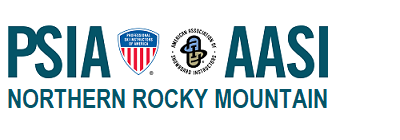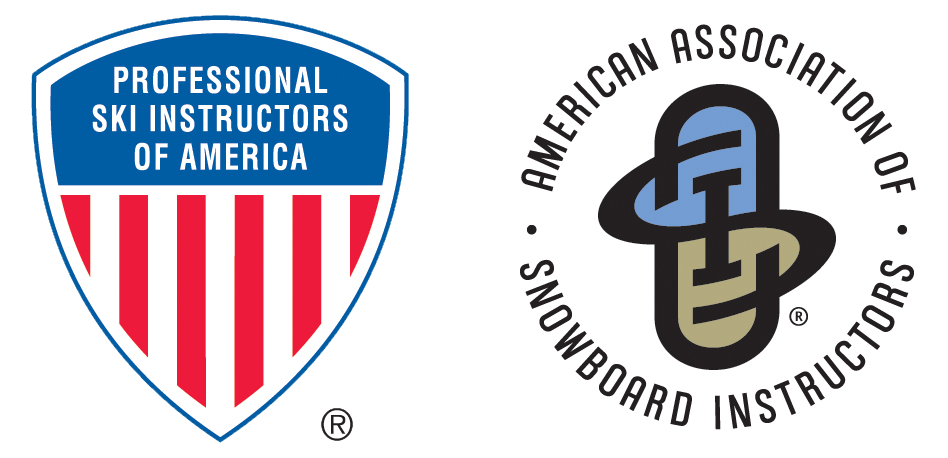Yes! That is one of the advantages of certification, as it is nationally recognized.
For alpine skiers, snowboarders, and telemark skiers, it is strongly recommended that you take the prep clinic in NRM, as other regions have different formats for their assessments and prep clinics. NRM’s prep clinic is the best tool to prepare you for NRM’s assessment. But if you are interested in substituting another division’s prep clinic, then your situation will be considered on a case-by-case basis.
Contact the relevant discpline chairperson well in advance of your desired prep clinic in order to determine if another region’s prep clinic may be substituted for the NRM prep clinic. At a minimum, the following conditions apply:
1) The prep clinic must have been taken either the same season as your assessment or the season prior to your assessment.
2) You must have fulfilled any other requirements prior to taking the on-snow assessment.
For cross country skiers, the prep clinic and assessment is rolled into one event, so you need to attend the whole event.
Why did I fail my assessment? I was the best skier in the group (or best teacher, or nicest person).
– Train regularly.
– Train with focus and direction provided by education staff members or your area’s training staff.
– Listen to the feedback you are given.
– Apply what you learn in your training to the lessons you teach.
– Teach a variety of lessons.
– Teach each lesson differently.
– Practice movement analysis (from the lift, with video, in your clinics and lessons).
– Have a broad training program: skiing, movement analysis, reading, teaching.
– Work with peers.
– Read the manuals and other technical articles, including the children’s manual.
– Make sure your physical fitness compliments your skiing/riding skills.
– Be realistic when assessing your strengths and weaknesses.

